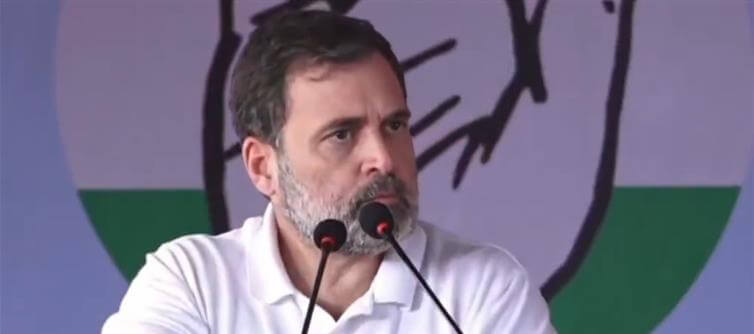
The debate around rahul Gandhi’s political relevance resurfaces every election cycle, but the current clash between “he’s capable but not winning” and “he’s missing in action” exposes something deeper: a system that rewards visibility over accountability. Supporters argue that rahul Gandhi’s role as leader of the Opposition carries weight beyond numbers. Yet his critics highlight a recurring vacuum in ground-level presence—an absence that widens every time a crisis unfolds without a strong oppositional counter-narrative.
The sharper question is not whether rahul gandhi appears enough on camera, but whether the congress ecosystem strategically benefits from his selective presence. A leader who remains symbolic rather than operational keeps internal power structures undisturbed—no full reorganisation, no new accountability, no serious redistribution of influence. This serves the old guard far more than the electorate.
Institutionally, both the congress and India’s parliamentary opposition suffer when the primary challenger to the ruling party appears reactive instead of proactive. Short-term optics may allow isolated moments of political resurgence, but long-term democratic health demands consistent, issue-based leadership—not sporadic appearances crafted for headlines.
The contradiction remains: is rahul Gandhi’s absence a personal failing or a political design? And more importantly—who gains the most from keeping the Opposition’s most recognisable face strategically underutilised?




 click and follow Indiaherald WhatsApp channel
click and follow Indiaherald WhatsApp channel